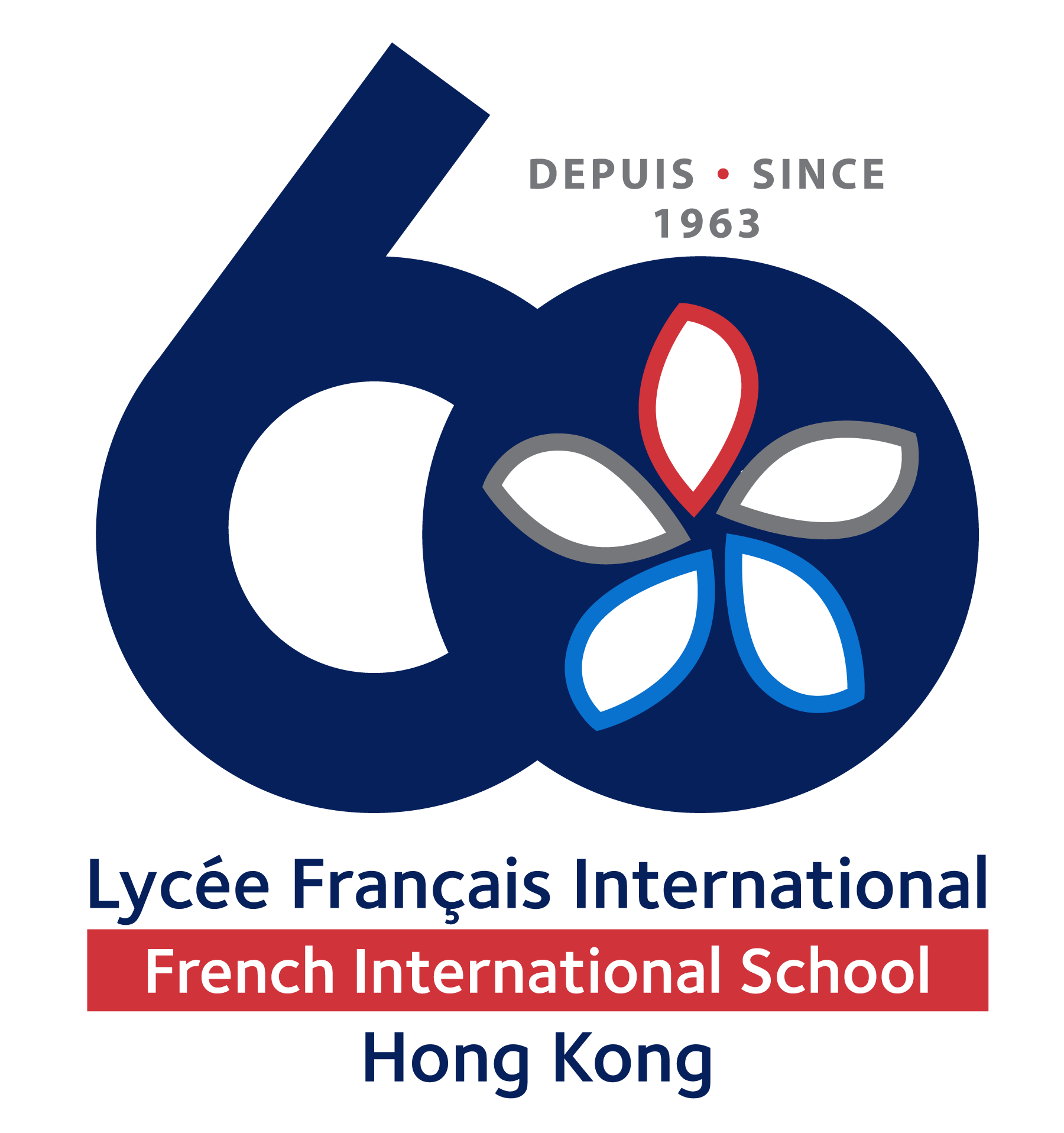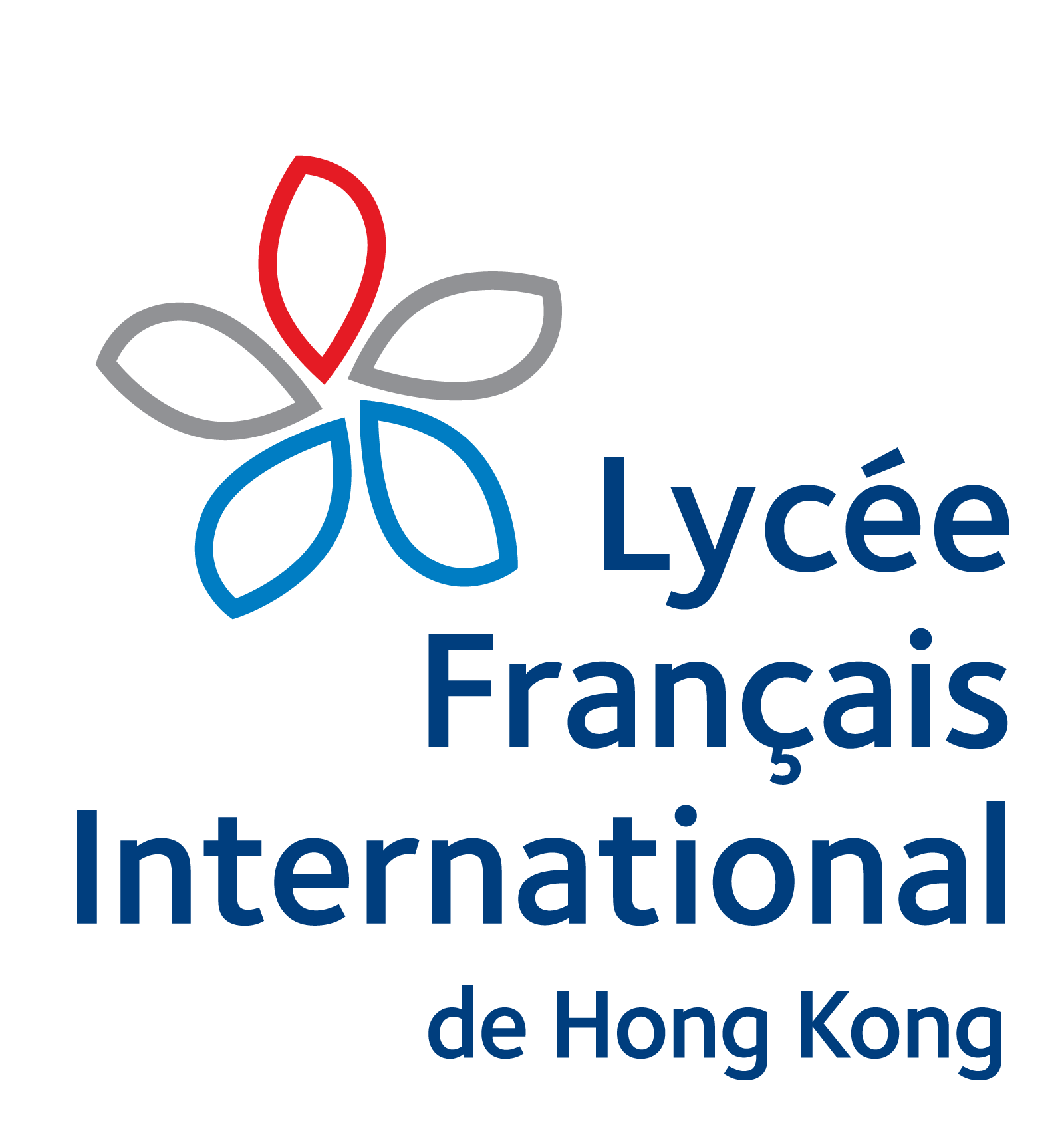IEYC and IPC Curriculum and Year Six Graduation
The IEYC and IPC curriculum is based on seven foundations
Foundation 1 – Learner-focused Personal, International and Subject Learning Goals
Learning Goals are organised into three distinct but connected sections, which strongly shape our attitudes and capabilities as thinkers and learners.
Foundation 2 – A Progressive Pedagogy
Utilises a variety of learning theories which promotes progressive pedagogy to improve learning. These include brain based learning, constructivist (connecting knowledge), experiential and active learning, and metacognition (reflecting).
Foundation 3 – A Process to Facilitate Learning for All
This is a process to make sure that children’s learning experiences are stimulating and, therefore, effective. This process begins with an entry point, followed by a knowledge harvest, explaining the theme, then researching, recording and reflecting before the exit point, which shares their knowledge, skills and understanding. As with all teaching and learning experiences, adaptations to meet specific needs may need to be made for each class, group or individual learner.
Foundation 4 – Globally Competent Learners
Enables children to develop not only a strong interest in their own and other cultures and a deep understanding of multiple perspectives, but also a keen desire to help shape local and global communities through actions that impact positively on society.
Foundation 5 – Knowledge, Skills and Understanding
Knowledge, Skills and Understanding are taught, learned and assessed differently. These are used to signpost the type of learning and engage learners in a dialogue about what type of learning they are undertaking and how they are learning it, asking them to use metacognitive strategies related to how they learn.
Foundation 6 – Connected Learning
Connected learning is multifaceted, involving goals, processes and products of learning. Children should harness the power of connections and be able to answer the question: How is this learning relevant to me now and in the future?
Foundation 7 – Assessment for Improving Learning
Promoting the assessment for improving learning, which encompasses assessment for learning or formative assessment, as well as elements of assessment as learning and assessment of learning. Formative assessment should take place regularly to allow for instructional adaptations, revised goal setting, feedback or even curriculum compacting.
Year Six Transition and Graduation
Year Six students from TKO and JL are transitioning to FIS secondary school next year. The school has planned a programme to support their transition in Term Three, specifically for Year Six and French stream CM2 students.
The Year Six teams are organising graduation and events at the end of Term Three to commemorate their move from primary to secondary. The Year Six team will provide updates to parents, and below are the confirmed dates and times:
| Tues 25th June | TKO Y6 Graduation Assembly
Starts at 10:30 am and is expected to end around 12:00 noon. |
| Wednesday 26th June | JL Y6 Graduation Assembly
Starts at 09:00 am and is expected to end around 11:00 am. |



